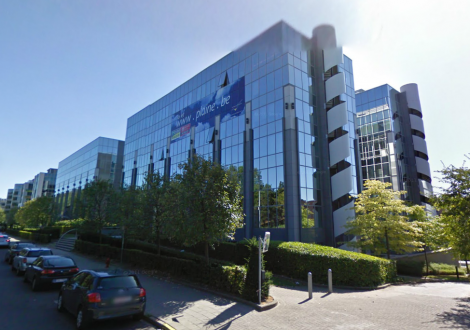|
Digital meets Culture https://www.digitalmeetsculture.net/article/e-space-develops-a-cutting-edge-technical-framework/ Export date: Wed Feb 18 22:03:58 2026 / +0000 GMT |
E-Space develops a cutting-edge technical frameworkThe E-Space project's technical workshop took place in Brussels, on the 23rd of March 2015, at the iMinds – Vrije Universiteit Brussel (VUB) offices; the event, aimed at presenting E-Space's architecture and implementation choices for the development of its technical structure, was open to the public and attended by over 50 experts from all over Europe. The project's Technical Space is a framework for storing, accessing and processing contents and metadata. The Technical Space is interoperable with complementary services emerging from the Europeana group of projects. Thanks to it and based upon IPR licensing, curators, scholars, professional users and third party developers will be able to search for and manage resources within a safe space, to use and re-use them for the evolution of knowledge and the development of applications. The Technical Space's system and implementation choices consist specifically in:
During the workshop, discussion and interaction with the invited stakeholders focused on validating and expanding the specification of functional and non-functional requirements of the Technical Space, in order to fulfil the needs of a wide user base. Representatives from the E-Space Consortium (the Technical Coordinator Promoter, the responsible for the development of the technical infrastructure NTUA and the pilot leaders) attended to collect feedbacks on the following topics:
The workshop started in the morning of the 23rd of March. After the registration and a nice welcome coffee, E-Space Technical Coordinator Antonella Fresa (Promoter SRL) opened the day with an introduction to the project [download Fresa's presentation]; it was then the turn of James Morley (Europeana Foundation), who delivered a presentation of the Europeana Labs [download Morley's presentation]. Nasos Drosopoulos (NTUA - National Technical University of Athens) intervened after the coffee break, concluding the morning with a presentation of the E-Space Technical Infrastructure and protected content space [download Drosopoulos' presentation]. After the lunch, the second part of the day started, devoted to “Tutorial and practical experiments using the Europeana Labs” – session coordinated by Remy Gardien of the Europeana Foundation [download Gardien's presentation] – and to “Tutorial and practical experiments using the E-Space Technical Infrastructure and its protected content space” – session coordinated by Nasos Drosopoulos. These last sessions helped in particular to show how the two platforms (Europeana Labs - E-Space Technical Infrastructure and protected content space) work from a technical point of view and which are the APIs and Interfaces that the services of the two platforms are based on. The last part of the event was finally dedicated to conclusive discussions and remarks. Thanks to this workshop, the E-Space Consortium was able to collect from the attendees a great many feedbacks and inputs, useful to complete the development of the E-Space's Technical Space. Furthermore, the event gave evidence of the numerous and fruitful possibilities of integration between the services offered by the Europeana Labs and E-Space's Technical Space. The morning of the 24th of March was reserved to an internal meeting among the E-Space pilots' representatives, who discussed and exchanged ideas about the use of the services illustrated during the previous day and the planning of the next steps. For further info visit www.europeana-space.eu |
